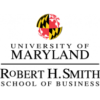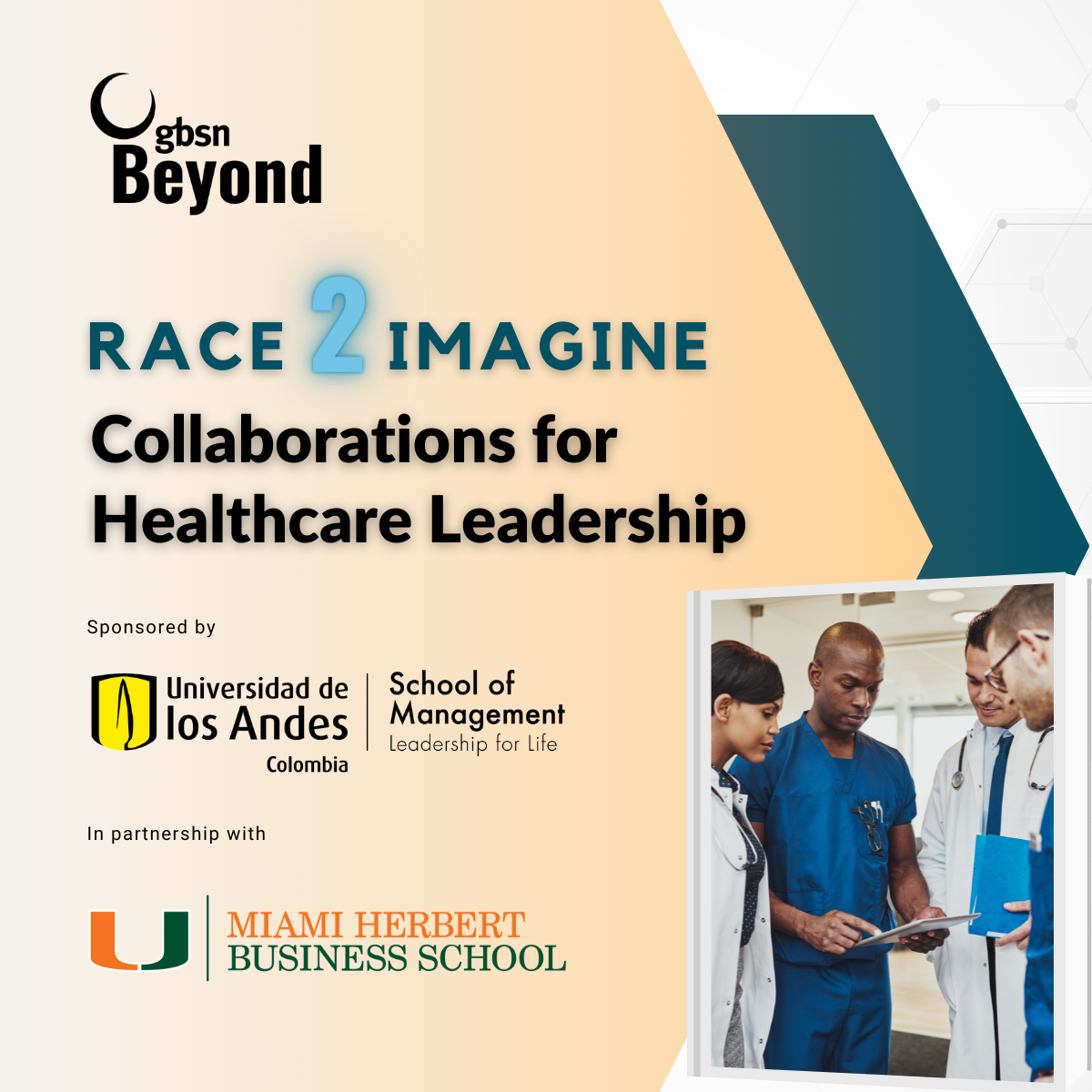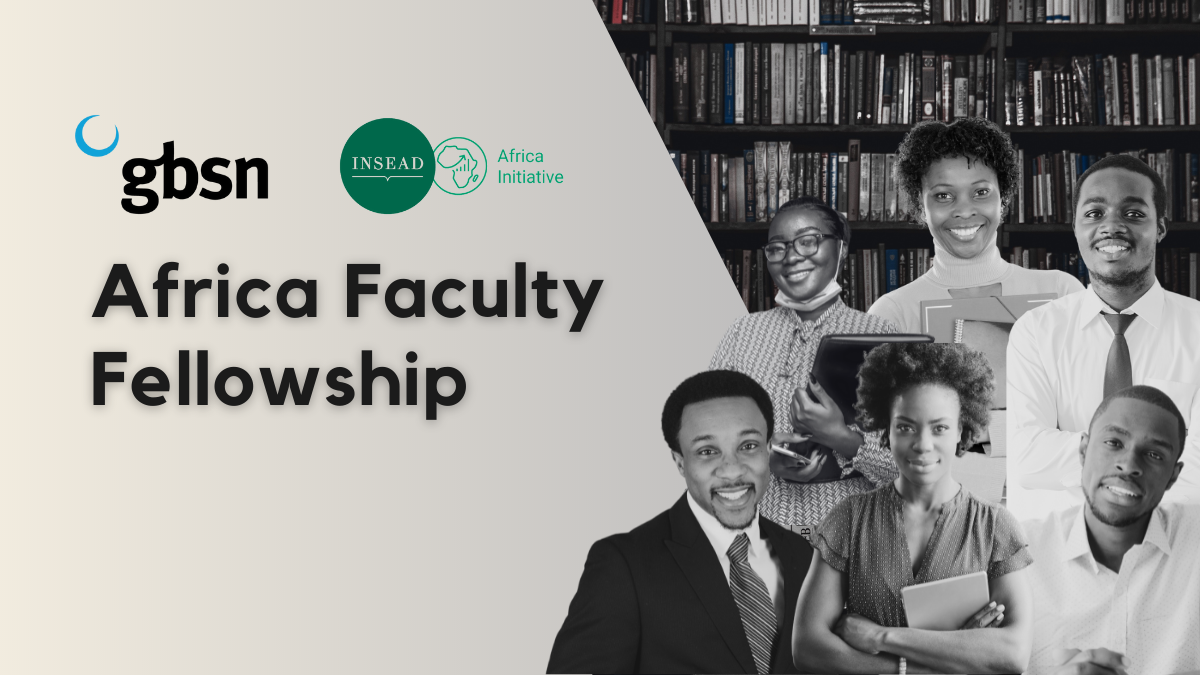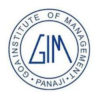About the Job
Hanken School of Economics is looking for several post docs as project researchers in humanitarian logistics, to strengthen the following teams at the Humanitarian Logistics and Supply Chain Research Institute (HUMLOG Institute):
- The H2020 project on “Health Emergency Response in Interconnected Systems” (HERoS) in response to the COVID-19 outbreak. The required profile is in the areas of medical supply chains and the socio-economic impact of supply chain disruptions in the pandemic. Methods: qualitative research and input-output models.
- The H2020 project “sCience & human factOr for Resilient sociEty (CORE)”. The required profile is in the area of crisis management and humanitarian logistics, especially looking at cascading disasters. Methods: qualitative research, and system dynamics modeling.
- The Norwegian Research Council project on the “Responsible Use of Digital Cash-Based Assistance in Refugee Crises” (DigCBA). The required profile is in the areas of cash-based initiatives, digital technologies, and humanitarian logistics. Methods: qualitative research, and system dynamics modeling.
- The Academy of Finland project “Cash and/or carry: The challenges and modalities of delivering aid in conflict zones” (Cash and/or Carry). The required profile is in the areas of cash-based initiatives and local procurement in conflict zones. Methods: qualitative research.
All positions are for 1 year, with the possibility of extension.
Your primary work task as project researcher is to conduct scholarly research within the project areas (see required profiles). You will also support project co-ordination especially with regards to the co-ordination of writing relevant reports. You will also, to a minor extent, be involved in teaching and supervision (appr. 5% of your work time) and carry out some service/administrative tasks.
More specifically, as a post doc in any of these projects, you will be responsible for:
- Conducting research that meets high international levels,
- Collaborating with other members of the project team, providing the humanitarian logistics expertise to the project,
- Publishing your research in high-quality journals and communicating the results of your work to relevant stakeholders and to society at large,
- Contributing to the administration of the project and to applications for new additional external research funding,
- Contributing to the competence development of students by providing research-based teaching and supervision in your field of expertise and the development of project-specific trainings and massive open online courses (MOOCs).
Eligibility Requirements: Applicants for these positions are required to have (a) a PhD degree within a relevant subject (b) fluent command of English. Applicants whose PhD defence has been set for the fall term of 2021 may be considered if they will also receive their degree during 2021.
The following qualifications are considered as further merits when evaluating applicants:
- Good knowledge of the research methods required in the specific projects,
- Familiarity with research within humanitarian logistics, and the specific topic areas of the project(s) applied for,
- Existing high-quality academic publications,
- High-quality plans and high potential for future academic publications (incl. publications in preparation and pipeline),
- Experience of applying for research funding,
- Track record of having worked with medical and/or humanitarian organisations,
- Knowledge of English and French for communication with humanitarian organisations; and Finnish and Swedish for contacting organisations in Finland.
A solid knowledge of the required profile area(s) for any of the specific projects is prioritised in evaluating and ranking applicants. Special consideration is given to candidates that have demonstrated their ability to produce high quality research. It is on you as an applicant to pinpoint and describe the fit between the targeted areas of expertise of the position, and your own knowledge, publication track record and pipeline. Please mention the projects relevant to you in your application.
By joining our department, you will benefit from and contribute to a thriving scientific environment at a triple crown-accredited university business school (AACSB, EQUIS, AMBA accreditations), becoming part of a group of highly active researchers with high productivity in publishing, numerous global projects, and a strong international profile.
The annual working time in the position is 1612 hours. The location of the positions is in Helsinki, and we expect you to move to Finland and work min. 3 days/week from the office.
The salary for the project researcher is based on the university salary system in Finland (including employee healthcare as well as pension and holiday contributions); the exact salary level depends upon the recruited individual’s qualifications and performance. The entry level salary is in range of 41.800 – 53.100 euro / year. Beyond the salary, the university’s foundation grants faculty members substantial publication awards for high-quality publications. The trial period will be 3 months.
An application letter, with the following separate attachments,
- CV incl. min. 2 references who can be contacted for recommendations,
- PhD degree certificate,
- Publication list incl. working doi links to selected, max 5 recent publications (or if links don’t work, separately submitted publications in pdf form),
- Research statement/plan including a demonstration of the applicant’s fit with the position(s)
shall be submitted electronically to Hanken’s recruitment database Laura no later than October 30th, 2021. In addition, other relevant documents (e.g. certificates, recommendations) may be submitted with the application. Please indicate when you would be able to start in the position if you should be selected. Shortlisted candidates will be interviewed at the EURO HOpe conference.
Enquiries may be directed to the Subject Head in Supply Chain Management and Social Responsibility, Professor Gyöngyi Kovács, e-mail kovacs@hanken.fi, mobile +358 40 352 1241.




































